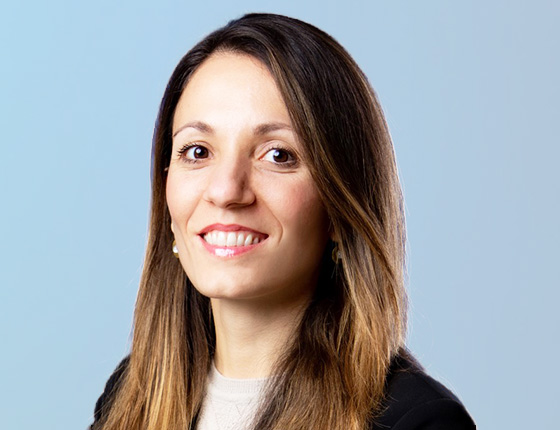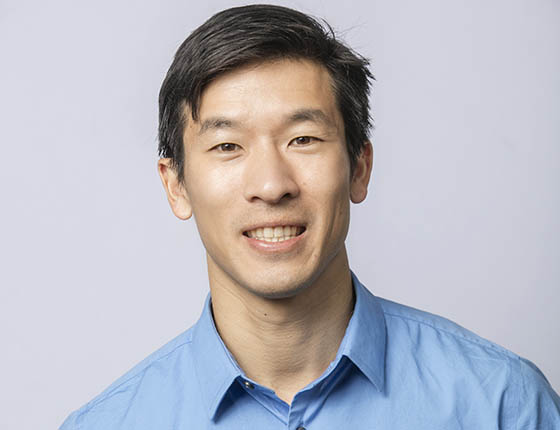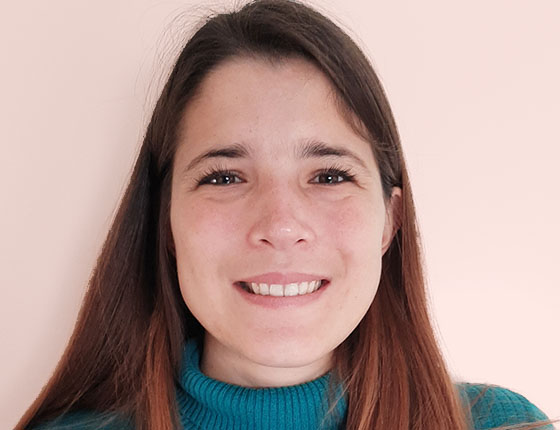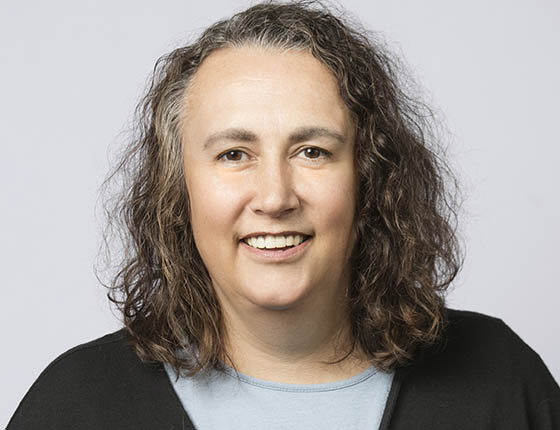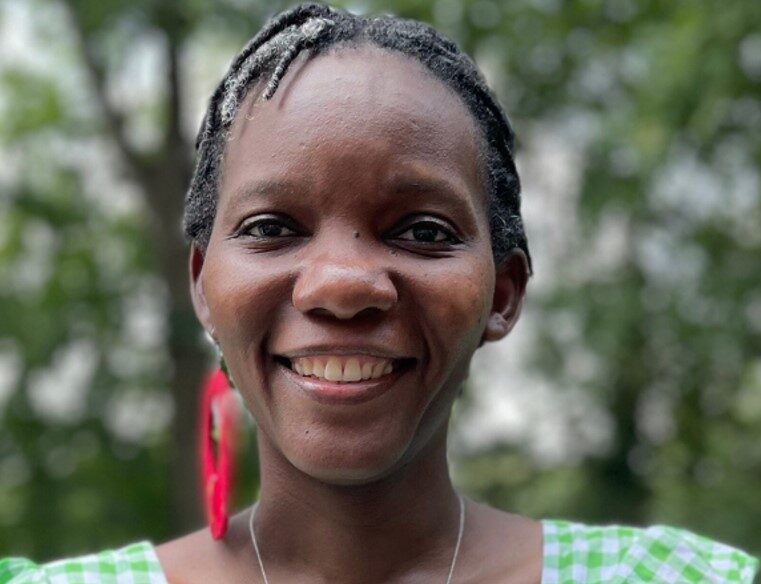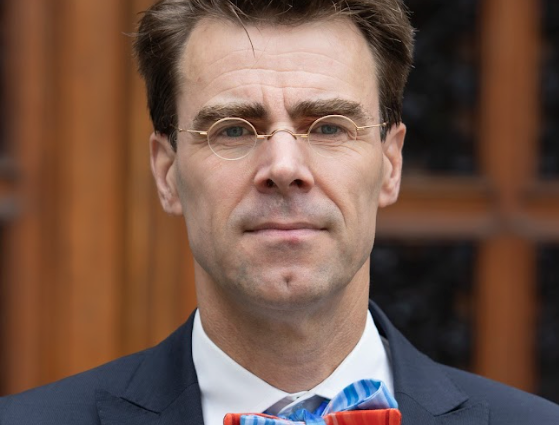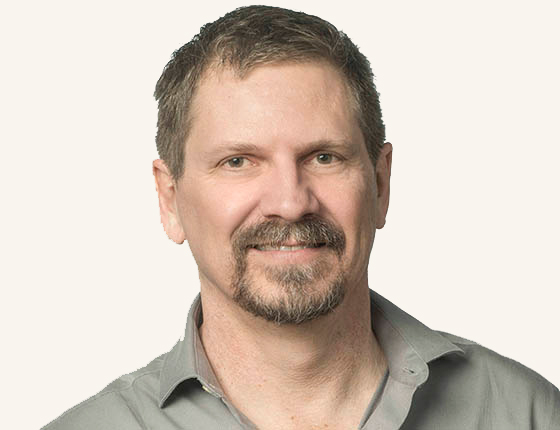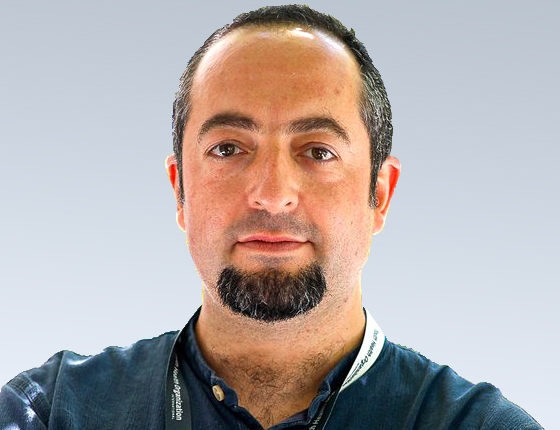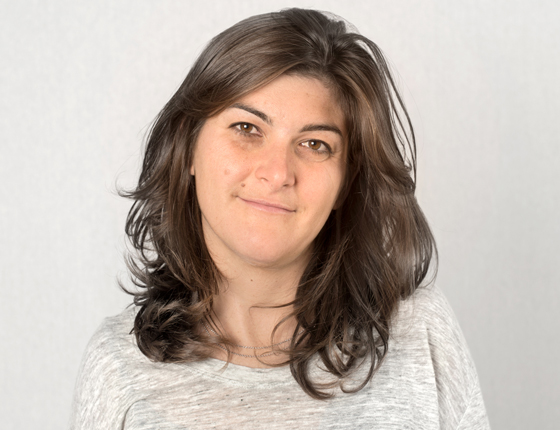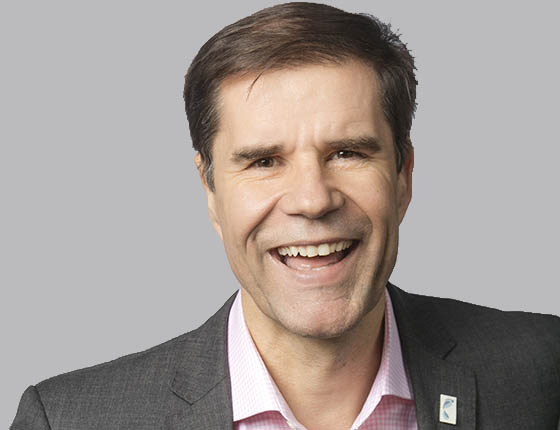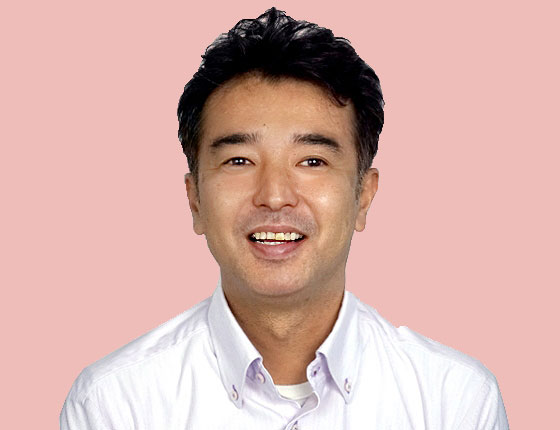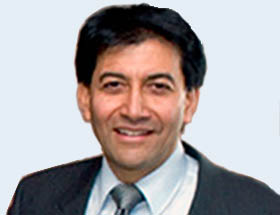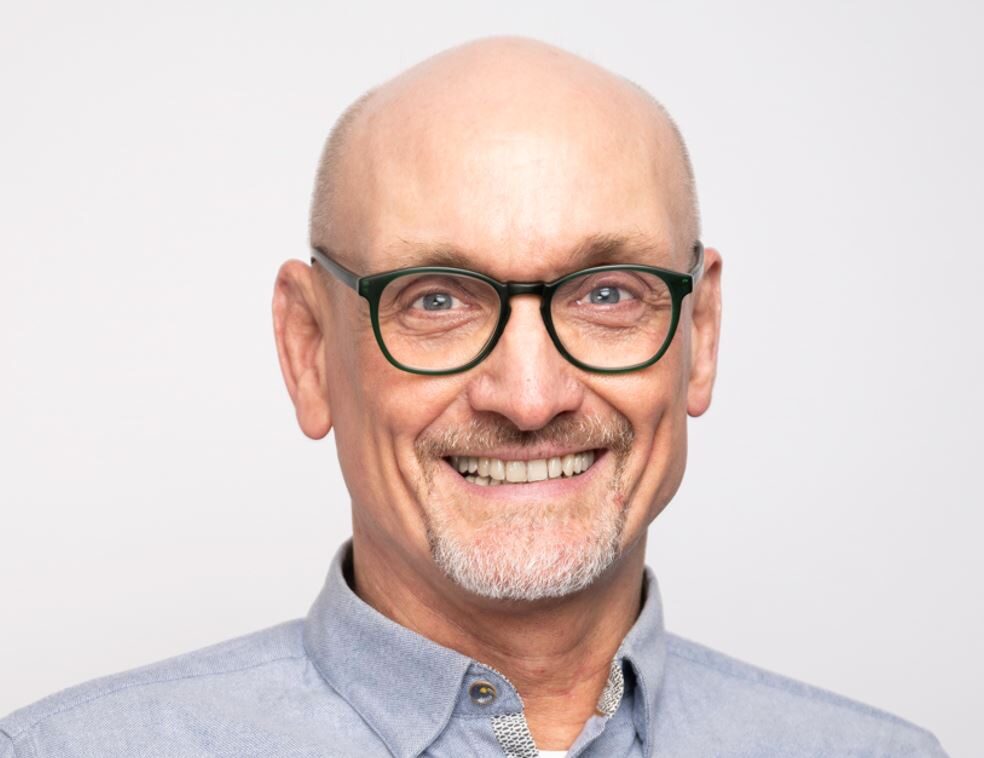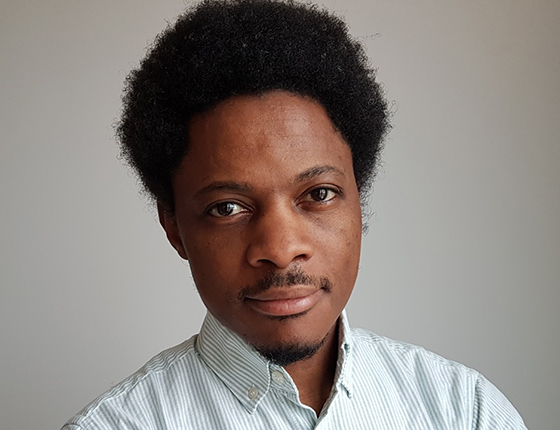Former Board Members
Razan al Mubarak, Former Secretary-General, Environment Agency – Abu Dhabi
John Balback, Strategist, Investor and C-suite Executive
Susan Burns, Co-founder of Global Footprint Network, Sustainability Strategist & Philanthropic Advisor
Kristin Cobble, Co-founder and President of Groupaya
Eric Frothingham, Social Entrepreneur and Business Lawyer
Alexa Firmenich, Co-director of SEED Biocomplexity, housed inside the Crowther Lab at ETH Zurich and Impact Investor
Jamshyd Godrej, Chairman of the Board, Godrej & Boyce Manufacturing Company Limited
Daniel Goldscheider, Founder and CEO, Paperless Inc.
Ann Hancock, Co-founder, The Climate Center
André Hoffmann, Vice Chairman of Roche Holding and former Vice President of WWF International
Ivo Knoepfel, OnValues
Rob Lilley, Investor and Member, Terra Global Capital
Lynda Mansson, Former Executive Director of MAVA Foundation, Leaderly
Julia Marton-Lefèvre, former Director-General General of IUCN, former Rector of the University for Peace (UPEACE), and former Executive Director of LEAD (Leadership for Environment and Development) and ICSU (now International Council for Science)
Haroldo Mattos de Lemos, Presidente na Sociedade dos Engenheiros e Arquitetos do Estado do Rio de Janeiro – SEAERJ
Louis de Montpellier, Former Deputy Head of the Banking Department, Bank for International Settlements, Chair of rePLANET
Cara Pike, Executive Director, Social Capital Strategies
Michael Saalfeld (1952-2021), Green energy entrepreneur
Terry Vogt, Managing Director, Terra Global Capital
Caren Wakoli, Executive Director, Emerging Leaders Foundation
Rosalía Arteaga Serrano, Former President of the Republic of Ecuador
Fabio Feldmann, Former Minister of Environment, São Paulo
Eric Garcetti, Former Mayor, Los Angeles
Stephen Groff, Governor of the National Development Fund of Saudi Arabia, former Vice President, Asia Development Bank, Southeast Asia/Pacific
Daniel Pauly, Leading marine ecologist, University of British Columbia
Jorgen Randers, Professor of Climate Strategy, Norwegian School of Management
Peter Raven, Former President, Missouri Botanical Gardens
William E. Rees, Co-creator of the Ecological Footprint, University of British Columbia
Karl-Henrik Robèrt, Founder, The Natural Step
Emil Salim, Former Indonesian Minister of State
James Gustave Speth, Founder, World Resources Institute
Per Espen Stoknes, chair of the Center for Green Growth at the Norwegian Business School
David Suzuki, Award-winning Scientist and Broadcaster
Ernst Ulrich von Weizsäcker, Founding President of Wuppertal Institute
Dominique Voynet, Former Environment Minister, France, and Former Mayor, Montreuil
Former members
Herman Daly (1938-2022), Intellectual Father of Ecological Economics
Tom Lovejoy (1941-2021), Fierce and effective biodiversity advocate
Wangari Maathai (1940-2011), Founder of the Green Belt Movement
Manfred Max-Neef (1932-2019), Economist, recipient of Right Livelihood Award
Will Steffen (1947-2023), Former Director, Australian National University’s Climate Change Institute
M.S. Swaminathan, (1925-2023), humanitarian and leading scientist on sustainable food security
E.O. Wilson (1929-2021), Eminent biodiversity scholar
Katsunori Iha, Research Economist
Marta Antonelli, Ph.D., Food Systems Researcher
Veronica Arias, Climate and City Specialist
Louis de Montpellier, Former Deputy Head of the Banking Department, Bank for International Settlements, Chair of rePLANET
Melita Elmore, Sustainability Consultant, former Principal Consultant, British Standards Institution, Washington, D.C.
Mikel Evans, Research Analyst
Corinne Hanson, Sustainable Business Specialist
Max Hobhouse, Business and finance, rePLANET
Isabel Hoffmann, Sustainable Business and Nature Based Solutions Expert, rePLANET and Climeworks
Kristine Jiao, Communications
Sebastián Navarro, Climate Ambassador and Envoy
Evan Neill, Research Analyst
Yoshihiko Wada, Ph.D., Associate Professor of Ecological Economics, Doshisha University, Kyoto, Japan, and Executive Director, Ecological Footprint Japan
Michael Wang, Front-end Designer
Leo Wambersie, Research Analyst
Bernard Young, Green startups, Sustainable Business Expert, rePLANET



